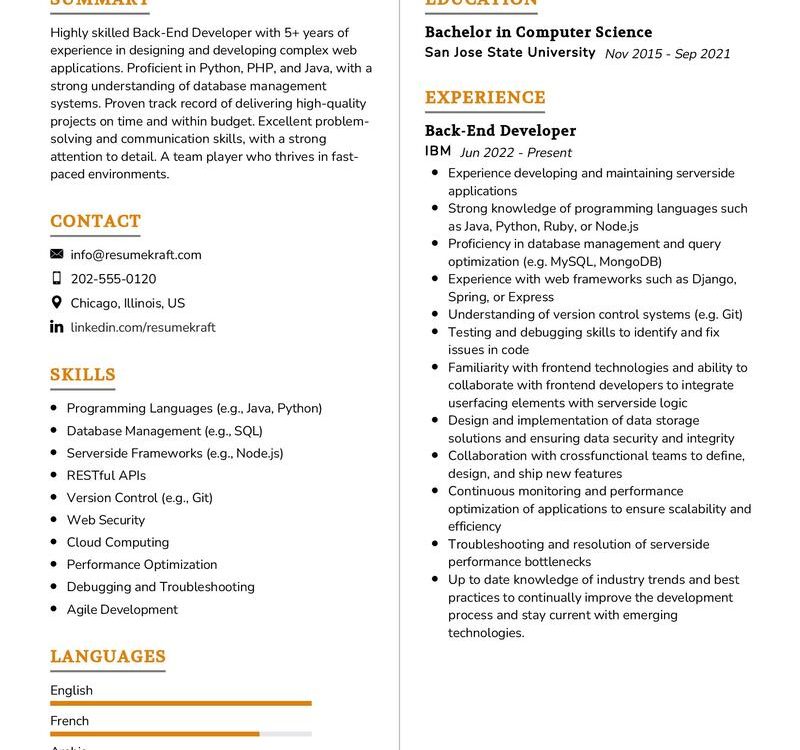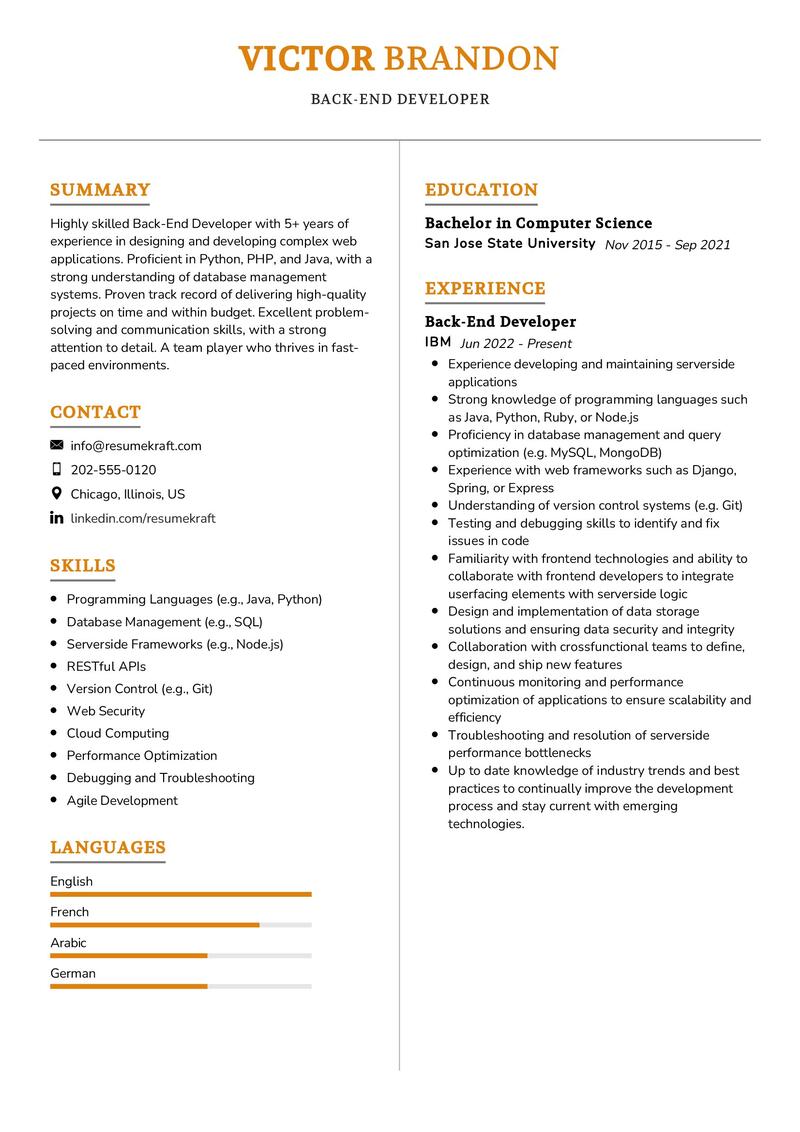Exploring the Role of a Back-End Developer
As technology continues to advance, the demand for skilled professionals in the field of back-end development is on the rise. Back-end developers play a crucial role in building the backbone of web applications, ensuring they function seamlessly. Let’s delve into the intricacies of the role of a back-end developer and what it takes to excel in this dynamic field.
Key Responsibilities of a Back-End Developer
Back-end developers are responsible for the server-side logic of web applications, ensuring they run efficiently and securely. Here are some key responsibilities associated with this role:
- Building and maintaining the core structure of a website or application.
- Developing databases to support web applications and websites.
- Writing clean and efficient code that powers the functionality of web applications.
- Implementing security measures to protect sensitive data.
- Collaborating with front-end developers to integrate user-facing elements with server-side logic.
- Optimizing applications for maximum speed and scalability.
These responsibilities require a combination of technical expertise, problem-solving skills, and attention to detail.
Skills and Qualifications Required
Becoming a successful back-end developer requires a blend of technical skills and personal attributes. Here are some key qualifications and skills needed for this role:
- Bachelor’s or Master’s degree in Computer Science, Software Engineering, or a related field.
- Proficiency in programming languages such as Java, Python, Ruby, or PHP.
- Experience with back-end frameworks like Node.js, Django, Flask, or Laravel.
- Understanding of databases and SQL, including MySQL, PostgreSQL, or MongoDB.
- Knowledge of web servers such as Apache or Nginx.
- Problem-solving skills and the ability to troubleshoot technical issues.
- Strong communication skills for collaborating with team members and stakeholders.
- Attention to detail and a commitment to writing clean, maintainable code.
Continuously updating your skills and staying current with industry trends is essential for success in this fast-paced field.
Crafting Your Back-End Developer Resume
Your resume is your ticket to landing your dream job as a back-end developer. Here are some tips for crafting a standout resume:
- Highlight your technical skills and expertise in back-end development languages and frameworks.
- Showcase your experience with specific projects or achievements, emphasizing your contributions and impact.
- Include any relevant certifications or training programs you have completed.
- Tailor your resume to the specific job you are applying for, focusing on the skills and qualifications that match the job description.
- Use clear and concise language, avoiding jargon or technical terms that may not be familiar to all readers.
A well-crafted resume will help you stand out from the competition and increase your chances of landing interviews.
Conclusion
Embarking on a career as a back-end developer offers exciting opportunities to work on cutting-edge projects and contribute to the development of innovative web applications. By acquiring the necessary skills and qualifications, and crafting a compelling resume, you can position yourself for success in this dynamic field.
Finally, feel free to utilize resources like AI Resume Builder, Resume Design, Resume Samples, Resume Examples, Resume Skills, Resume Help, Resume Synonyms, and Job Responsibilities to create a standout application and prepare for the back-end developer job interview.


